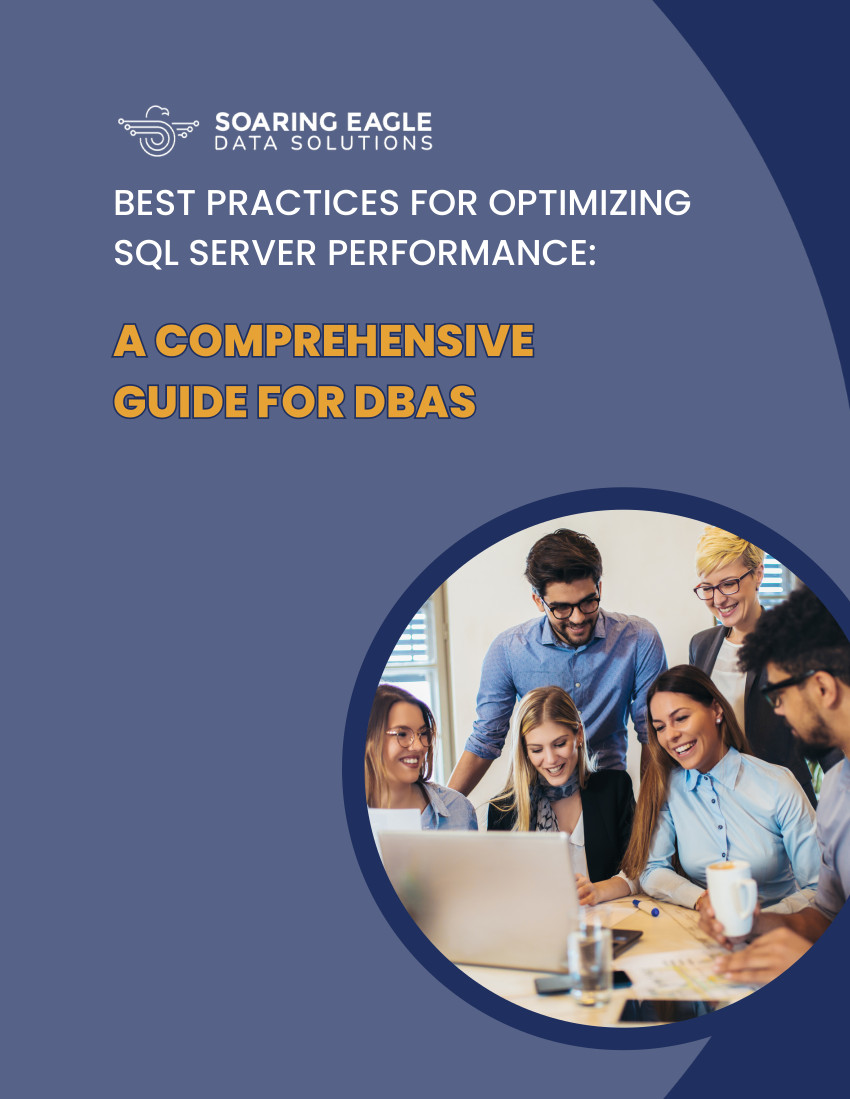
Cybersecurity is a considerable concern for small businesses, especially given that 58% of data breach victims are small businesses.
Cybersecurity Statistics for Small Business
- 43 percent of small business were victims of a cyber attack.
- 14 percent of respondents consider their capacity to reduce vulnerabilities, risks, and attacks as entirely effective.
- 60 percent of small companies close their doors only six months after a cyber attack.
- 52 percent of breaches are caused by human error or system failure.
- Small businesses are worried about their customer data security.
Signs of a Data Breach
If your company has suffered from a data breach, it is imperative that you act as soon as possible. Here are 3 things to take into account before it is too late:
Login Problems
It is a sign of hacking if you use the correct password and you’re still not able to log in to your system. If your password suddenly stops working, and you’re sure you’ve entered the correct one, contact your IT specialist, especially if your someone in your company has mentioned similar concerns.
Computer Acting Strangely
If your computer abruptly seems or acts other than normal, something could be happening. Common signs that your system has been affected include popup messages, antivirus warnings or new toolbars in your web browser.
If you think your computer could be affected, it’s vital that you don’t try to fix it yourself. Hackers often want you to try to close popup windows to take control of your computer.
Slow Network
A slow computer isn’t necessarily alarming, but if your system is running slowly, ask some of your coworkers if they are experiencing the same. If they also are experiencing a slow network, you could be undergoing a data breach. Network slowness can be caused by transferring files outside of your network.
4 Ways To Improve Small Businesses Cybersecurity
1. Train Employees
Create a cybersecurity policy for your business, which includes best practices, procedures for keeping customer information safe, and protocols that employees must follow in case there is a breach.
Ask your employees to use strong, unique passwords for every desktop and mobile device they use, along with strong passwords for business accounts. It is also a good idea to request your employees to set up two-factor authentication that requires a two-step sign-in process that adds another layer of security to accounts.
2. Update Computers
Make sure your operating systems and web browsers are up to date to protect against the latest threats and check for new versions of software, including security software. If your company has a policy of letting employees bring their own devices (laptops, tablets, and smartphones) to your workplace (Bring your own device or BYOD), make sure they use updated apps, including a security app.
3. Limit Access to Sensitive Data
Only authorized people should have access to company computers and accounts. Employees of different ranks and positions might have different access to technology and they shouldn’t share information to their accounts.
4. Secure Your Wifi
Your business’s Wi-Fi can be an easy way to access your company’s data. Ask your IT department to secure your Wi-Fi network so only employees can access it, and, if possible, do not let your employees know the password.
If you want an open Wifi for guests to use, set up a separate network, which will help prevent unwanted people from joining business Wi-Fi and accessing files.
Being a victim of a data breach can damage your company’s reputation and reduce your revenue. You may even be deemed responsible if it is discovered that you don’t take the necessary precautions. Instead of waiting until it’s too late, follow the tips above to protect your small business.
Contact Soaring Eagle Consulting for a Free Database Evaluation Today
Getting started is simple. Click the button below to request your free one-hour database assessment from the DBA experts at Soaring Eagle Consulting®.


